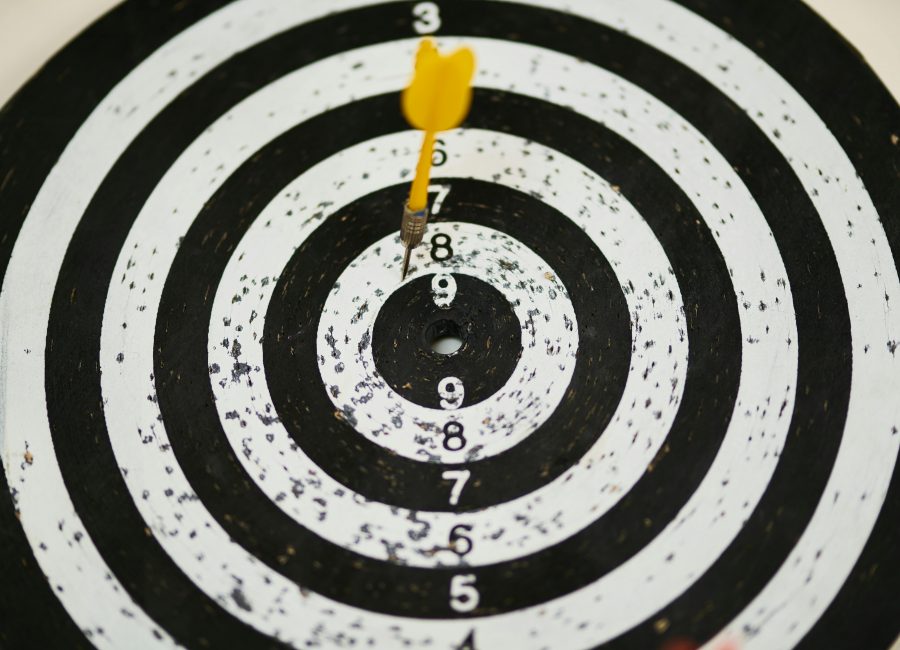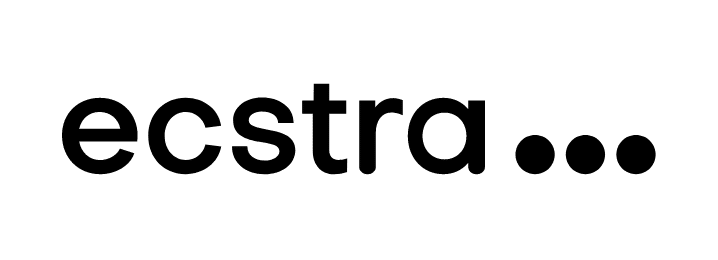If you’ve got a bit of cash saved up, you might be wondering what to do with it to build your financial security in 2021.
Interest rates on savings accounts are low, the sharemarket remains extremely volatile and there are a number of restrictions involved with adding money into your super. So where should you put your money?
Let’s take a look at a few different options, and what you need to consider with each one.
Savings accounts
It’s no secret that the interest rates offered on savings accounts are low right now. This is because the official cash rate is sitting at an all-time low of just 0.10%. This is good news if you’ve got a mortgage, as home loan rates are also at record lows. But if you’re trying to save, you won’t earn too much interest on your cash in the bank.
However when it comes to your financial security, there are still many benefits to keeping your cash in a savings account.
Firstly, savings accounts are considered very safe. Your deposit of up to $250,000 with an Australian bank is protected by the government’s deposit guarantee scheme. So even though interest rates are low, you certainly won’t lose money in a savings account like you could in the sharemarket.
As well as being safe, the money in your savings account is also readily available to access whenever you need it. This isn’t the case if you’ve got your money tied up in a property, for example.
Term deposits
Term deposits are just as safe as savings accounts as they’re also covered by the government’s deposit guarantee scheme. Unlike a savings account, which has a variable interest rate (meaning it could fall at any time), term deposits offer fixed rates. So if you lock in a competitive rate now on a 5-year term, you’ll earn that rate for the life of the term even if rates fall within that time.
However, it’s not as easy to access the money in a term deposit as it is to access money in a savings account. The money in a term deposit is locked away for the life of the term, which could be a few months or a few years, depending on the term length you choose.
So if your financial security depends on being able to access the money in the near future, a term deposit might not be the right option for you however it could work in your favour if you’re investing for the long term or are prone to impulse purchases.
The sharemarket
The share market is known to deliver much stronger returns than savings accounts or term deposits over the long term. However, it’s also known to have lots of ups and downs in between (what we’ve seen this year is a great example of sharemarket volatility).
If you’re new to share trading and not sure what to buy, an exchange traded fund could be a good place to start. These products trade on the ASX just like shares, however they track an entire index or market (such as the ASX200), which gives you exposure to hundreds of shares in the one trade.
So if you’ve got some cash that you know you won’t need for the next 5-10 years at least, investing in shares could be a good way to grow your wealth. But if you’re planning to use the money in the near future for, say, a house deposit, know that you could lose some of it if you invest in shares and the prices fall in the meantime.
There are two main benefits to adding extra money into your super. Firstly, adding small amounts to your super throughout your working life can help you retire with tens of thousands of dollars more.
The other benefit is that you could be eligible to claim a tax deduction for the money you add into your super, assuming you haven’t yet gone over your annual contribution limits. This means the money will be taxed at the lower super rate of 15% instead of your standard income tax rate, and you’ll be reducing your taxable income at the same time.
But before you go adding money into your super, remember that there is one key downside: you can’t access the money until you retire. So if you want to use the money for something in the next few years, such as a home deposit, school fees or another large expense, you might want to think about this before locking it up in your super.
So the best option for your cash at the moment really depends on your goals, and whether or not you need to access the money in the short term. Considering the pros and cons of each of the above options, the best solution could be to split your money up across all of them. Just make sure you’ve got enough money readily available in a savings account as an emergency fund in case you find yourself out of work or faced with a large expense.
Join the Financy social communities that support achieving fearless economic equality on LinkedIn and Facebook or follow our official pages on LinkedIn, Facebook, Instagram and Twitter.
















